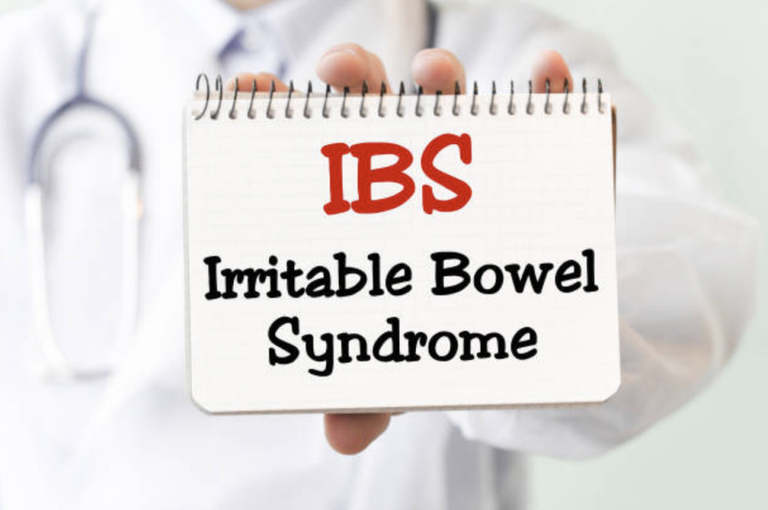Irritable Bowel Syndrome (IBS) is a common gastrointestinal disorder characterized by abdominal pain, bloating, changes in bowel habits, and discomfort. While the exact cause of IBS is unknown, factors such as diet, stress, and abnormal muscle contractions in the intestines may contribute to its development.
Symptoms of IBS can vary widely among individuals and may include constipation, diarrhea, or alternating between the two. Additionally, many people with IBS experience other symptoms such as gas, cramping, and a sense of incomplete bowel movements.
Managing IBS often involves a combination of lifestyle changes, dietary modifications, and medications. Dietary changes may include avoiding trigger foods such as dairy, gluten, caffeine, and certain artificial sweeteners. Increasing fiber intake and staying hydrated can also help regulate bowel movements and alleviate symptoms.
Stress management techniques such as relaxation exercises, mindfulness meditation, and regular physical activity may also be beneficial for managing IBS symptoms. In some cases, healthcare providers may prescribe medications such as antispasmodics, laxatives, or antidepressants to help control symptoms.
It's essential for individuals with IBS to work closely with their healthcare providers to develop a personalized treatment plan tailored to their specific needs and symptoms. By identifying triggers, making lifestyle modifications, and following a comprehensive treatment plan, many people with IBS can effectively manage their symptoms and improve their quality of life.

Upvoted. Thank You for sending some of your rewards to @null. Get more BLURT:
@ mariuszkarowski/how-to-get-automatic-upvote-from-my-accounts@ blurtbooster/blurt-booster-introduction-rules-and-guidelines-1699999662965@ nalexadre/blurt-nexus-creating-an-affiliate-account-1700008765859@ kryptodenno - win BLURT POWER delegationNote: This bot will not vote on AI-generated content